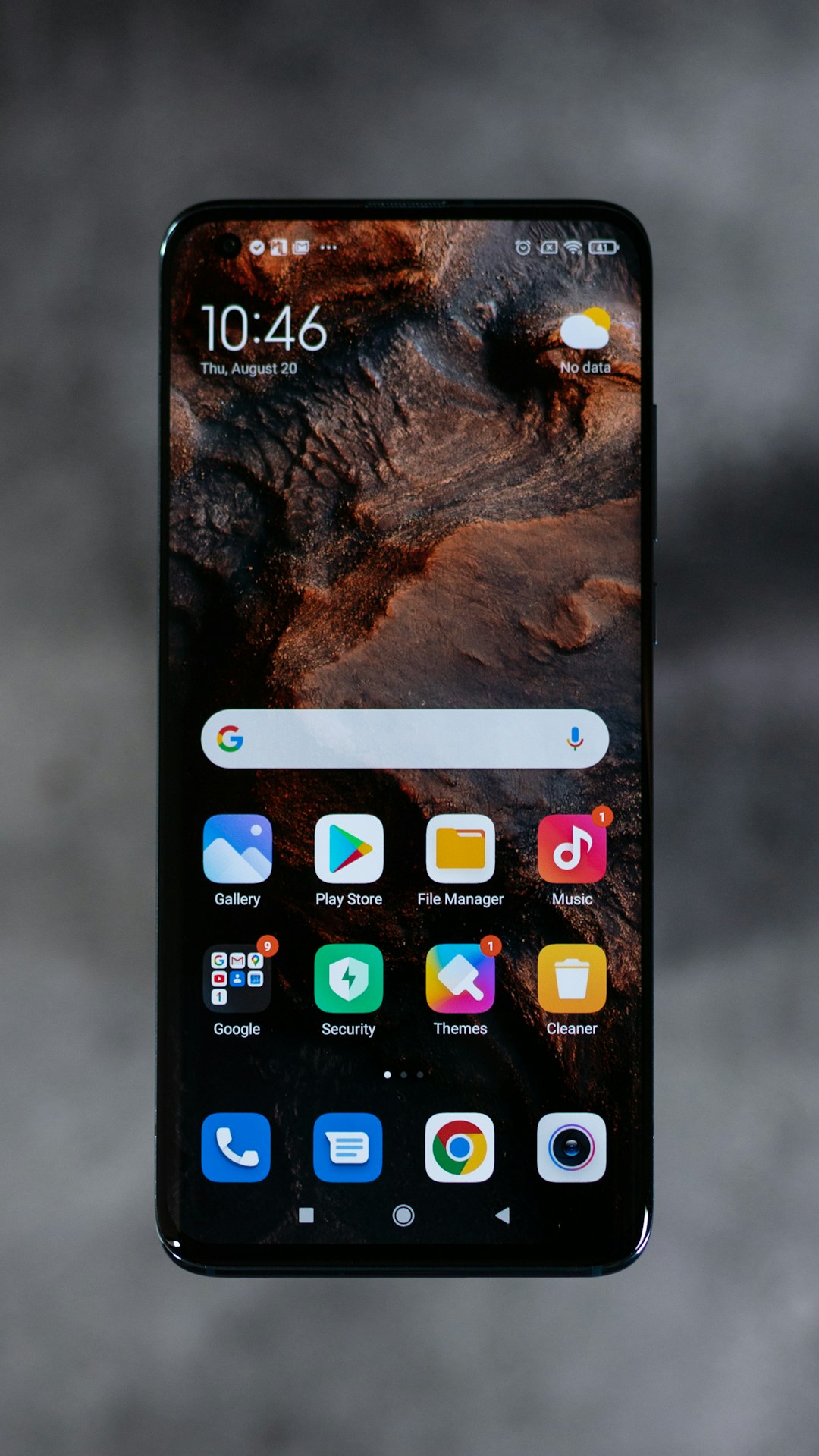In Missouri, including Kansas City, strict laws protect residents from unwanted robocalls. Religious organizations must adhere to these regulations, such as the Telephone Consumer Protection Act (TCPA), or face legal consequences, including potential lawsuits for violating privacy rights. Consulting with a telecommunications law attorney is advisable if you've received distressing robocalls, and proper record-keeping is crucial to demonstrate compliance with Missouri's consumer protection laws regarding robocalls.
In today’s digital age, automated phone calls, or robocalls, have become a ubiquitous aspect of communication. However, their prevalence raises concerns, especially within religious organizations. This article explores robocall regulations in Kansas City, Missouri, from the perspective of faith-based groups. We delve into legal actions available to address unwanted robocalls, including the potential to sue under specific circumstances. Furthermore, we provide best practices for religious organizations to safeguard their members from unsolicited automated calls and mitigate legal risks.
Understanding Robocall Regulations in Missouri: A Religious Organization's Perspective

In Missouri, including Kansas City, robocall regulations are governed by state and federal laws designed to protect consumers from unsolicited telephone marketing calls. From a religious organization’s perspective, understanding these rules is crucial to ensure compliance and avoid potential legal repercussions, including the possibility of being sued for robocalls in Missouri.
Religious groups engaging in telemarketing activities must adhere to strict guidelines regarding do-not-call lists, consent, and disclosure requirements. Failure to comply can result in fines and lawsuits, especially if members of the public feel their privacy rights have been infringed upon. Therefore, it’s essential for religious organizations to carefully consider their robocall strategies to protect themselves from legal challenges related to Can I Sue For Robocalls Missouri.
Legal Actions: Can You Sue for Robocalls in Kansas City?

In Missouri, including Kansas City, there are strict laws in place to protect individuals from unwanted automated calls, commonly known as robocalls. If a religious organization or any entity makes unsolicited robocalls, it can be held accountable under state and federal regulations. Legal actions against these entities are not only feasible but encouraged to deter such activities.
If you’ve received a robocall, especially if it’s causing distress or disrupting your peace of mind, you have the right to take action. While the process may vary depending on the circumstances, consulting with an attorney specializing in telecommunications law is advisable. They can guide you through the options available under Missouri’s consumer protection laws and help determine whether a lawsuit against the offending organization is warranted.
Best Practices for Avoiding Legal Troubles with Automated Phone Calls to Members

Religious organizations in Kansas City, like any other entity, must navigate the legal landscape surrounding automated phone calls, or robocalls, to ensure they remain compliant and avoid potential lawsuits. The Telephone Consumer Protection Act (TCPA) restricts businesses from making automated calls to individuals without prior express consent, and this includes religious groups reaching out to their members. One of the best practices is to obtain explicit permission from individuals before utilizing robocall technology. This can be done through sign-up sheets during services or events, opt-in forms on websites, or simple verbal confirmation over the phone.
Additionally, keeping detailed records of call lists and consent choices is vital. Organizations should ensure they have a process to track who has given permission for such calls and when. Regularly reviewing and updating these records will help maintain compliance with Missouri’s consumer protection laws regarding robocalls. Remember, while automated calls can be an efficient way to connect with members, they must be implemented carefully to respect individual privacy rights and avoid potential legal repercussions, including the possibility of being sued for robocalls in Missouri.






